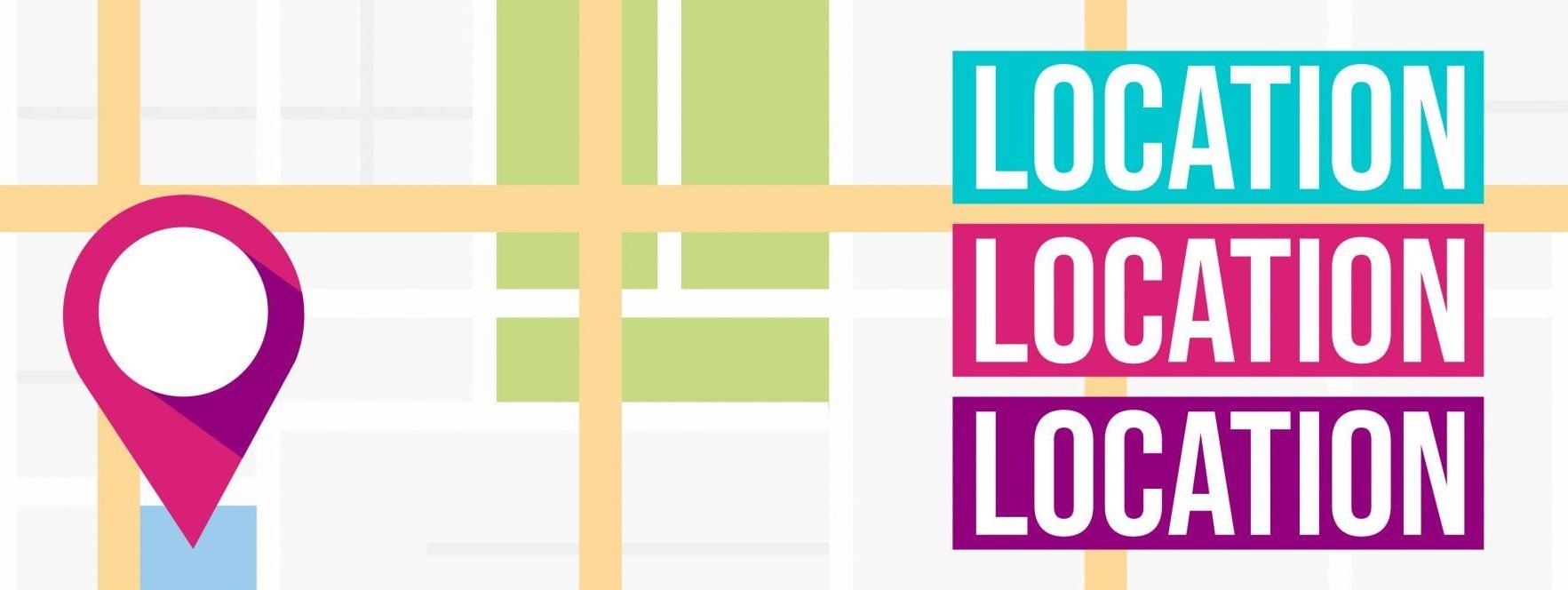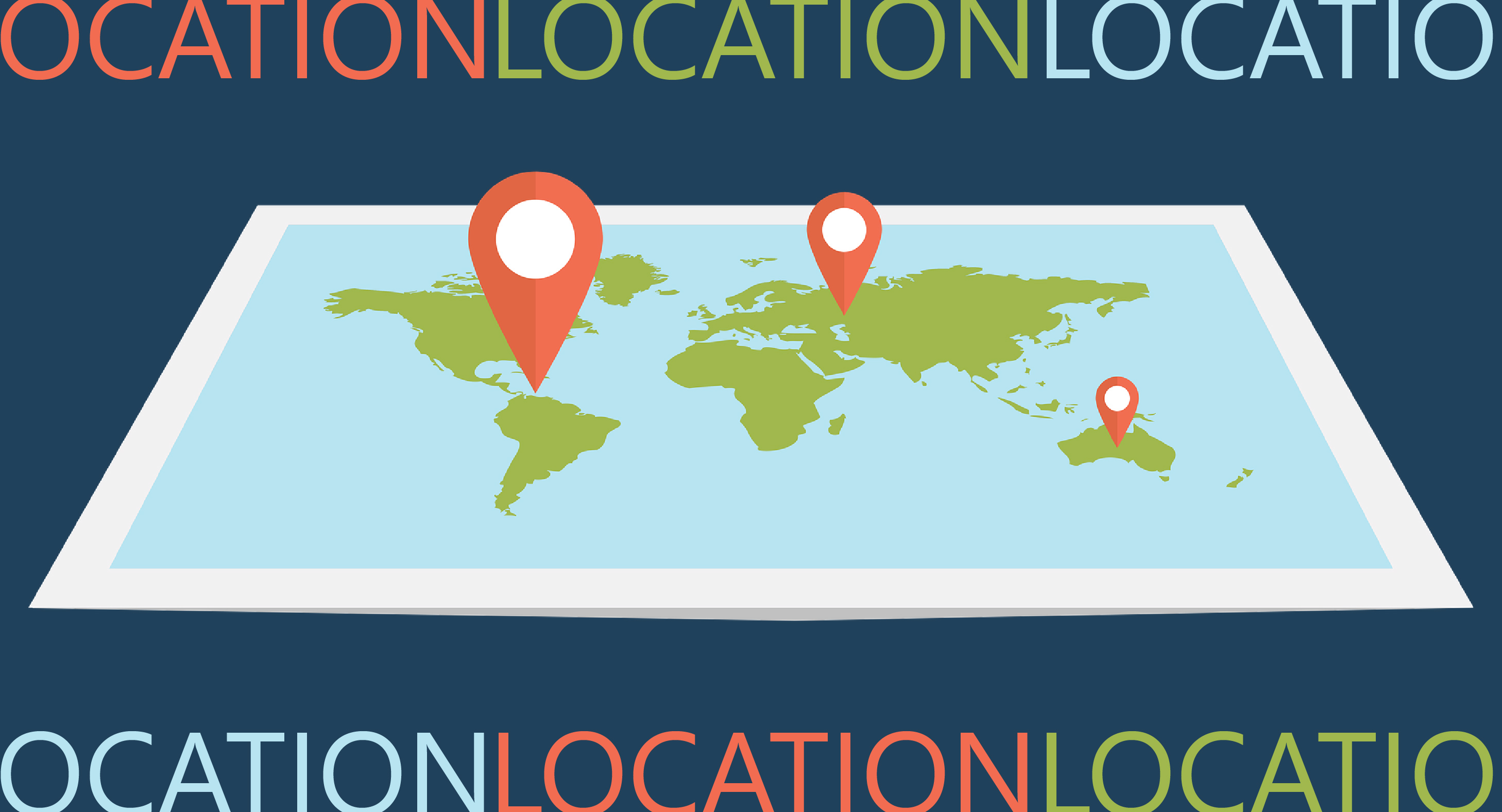If 2020 taught us anything, it’s that we don’t necessarily have to be at our place of business to get work done. And in fact in many ways last year, we witnessed how when pushed, certain businesses were actually able to operate with just an internet connection. While this situation was extreme, this now has businesses questioning not only where they should be based, but if they need a fixed location at all? To investigate this debate, here are the things you need to consider when planning the pros and cons of your business’ location.
When location matters
Location reinforces brand
When setting up a physical shop location you need to consider the immediate surroundings. This is because your store will be in constant conversation with the environment it’s based in from passers-by to accessibility to the atmosphere to typical customers. So for example, you wouldn’t put your high-end restaurant in the middle of a college campus, right? This is because the space you’re in may have an existing reputation that can work for or against you. So make sure you understand what the area is unconsciously and overtly communicating before signing that lease.
Location contributes to company culture
The location has an important effect on company culture. This is important inside the physical space like if you want an open-plan layout that encourages free movement of staff, you will require a space that has the architecture to support this vision. It also extends to the area beyond the office doors. So for example, if there are lots of bars in the area and you employ many single millennials, they may socialize locally after work. This will affect how your staff relate to each other and build your company culture from the inside out.
Location effects accessibility
The simpler you are to find, the better business will be. Zoom meetings are great on the one hand, but suppliers, for example, may also want to see where you operate in order to get a real feel for your business. In these cases, it’s great to have an inviting space where you can show them around, sample their products in person or offer them a coffee and build a rapport. If your office isn’t centralized with good storage, this can also lead to unforeseen delays. So a smart location needs to be thought about carefully from all these angles.
Location connects you to your target market
This point really depends on the type of business you have. Some customers may be willing to travel to access your product or service, for example a spa retreat or weekend getaway. You can also consider setting up shop in a space where your products complement the stores around you, like setting up your furniture store in a homewares district. Your location should always benefit the local market, but also make sense for you. And so this needs to be thought about very carefully.

When location doesn’t matter
So there are many ways that your location can play in your favour. But what about the other side of the coin? According to the McKinsey Global Institute (MGI) over 20 percent of the global highly-skilled workforce could work mostly away from the office—and continue to be just as effective. Meaning that out-of-office may become a permanent status in certain sectors. This is not only due to Covid-19 but also due to technological advancements, digitization and automations. All of which were accelerated during the Pandemic. So here are some ways in which location doesn’t necessarily matter for businesses.
Storefronts can be online
In the old days, a flashy store front and prime location was everything. Nowadays all of that can be pumped into your eCommerce store and visibility can be generated through targeted online marketing and syndicated blog posts. In fact for eCommerce businesses, a physical location can really be an unnecessary expense and the only location required might be for manufacturing or storage.
Virtual offices
Virtual offices have gained massive popularity recently. This office solution allows you to maintain a professional image by having a prestigious business address while you work off-site, without the high cost of physical office space. Many offices are opting for this, as it can eliminate massive expenses while still offering perks to employees.
Going hybrid
As businesses expand online, a hybrid model is becoming more and more popular. Meaning that businesses have physical locations but also invest in a strong digital presence that reaches other locations.
The Bottom Line
There definitely is a growing sentiment in business which is questioning how necessary physical locations are for their success. While some business owners have no location at all, most are maintaining a hybrid or still placing high value on location. That said, the trend is accelerating and it will be interesting to see how businesses adapt to the current commercial climate, in the months and years to come.

